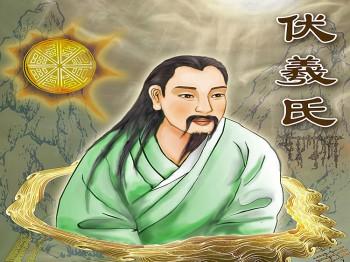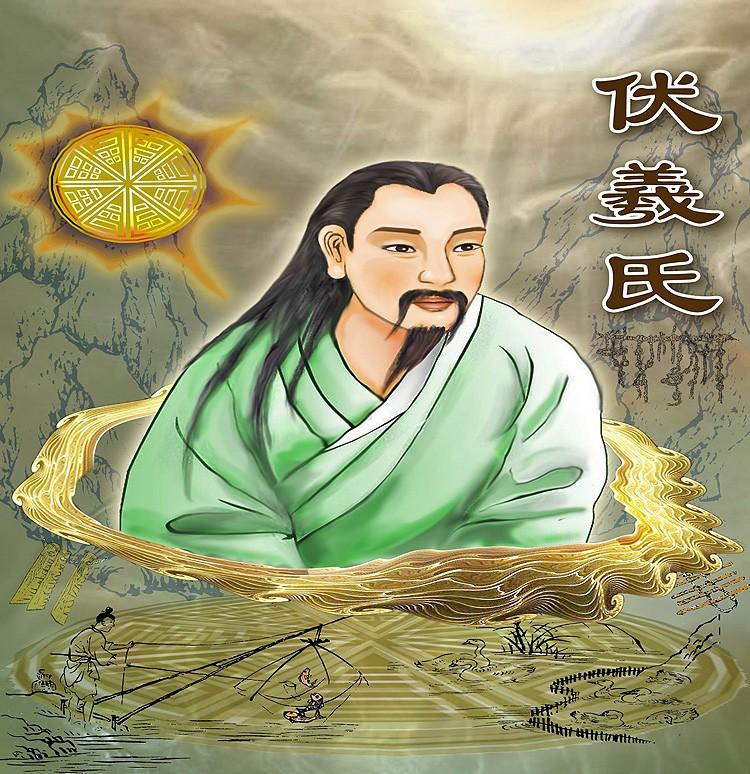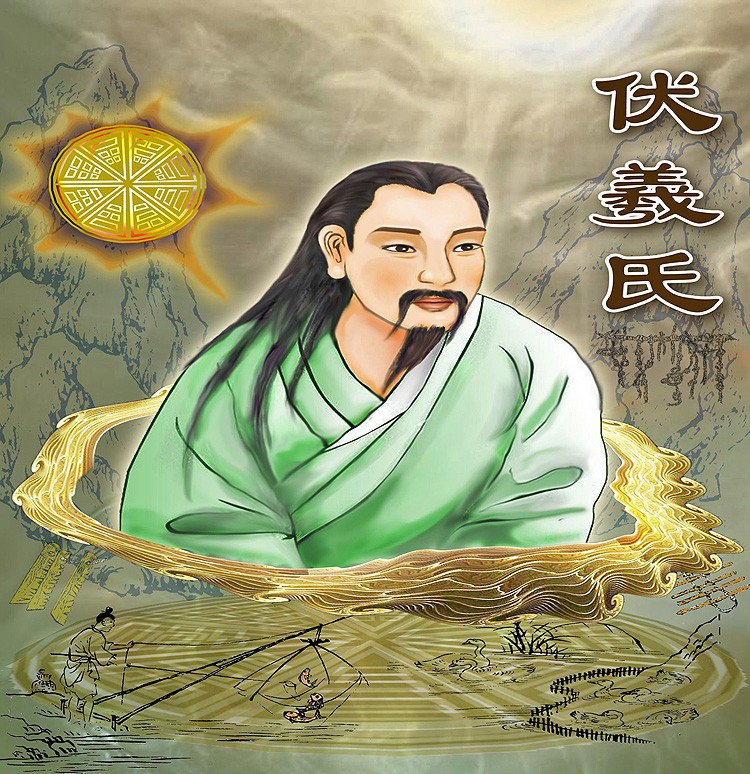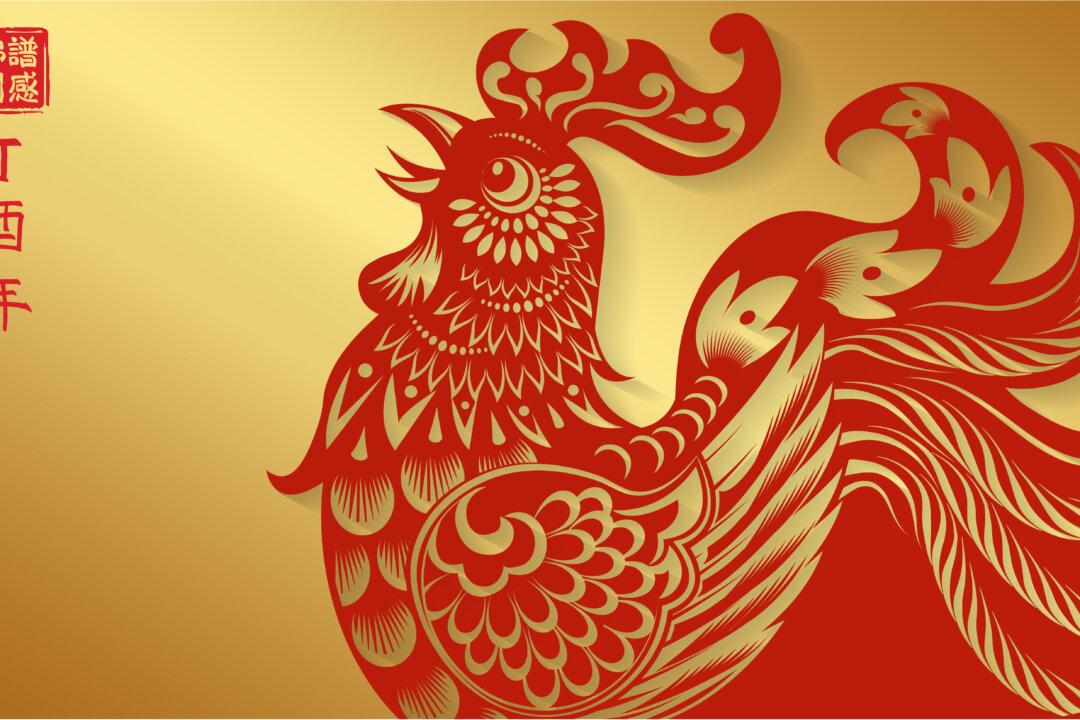Fu Xi and the Origin of Chinese Civilization
For a time, human beings coexisted with gods and China was called the land of the divine.

Fu Xi, who lived in China during the time when human beings coexisted with gods. Catherine Chang/The Epoch Times
|Updated:





